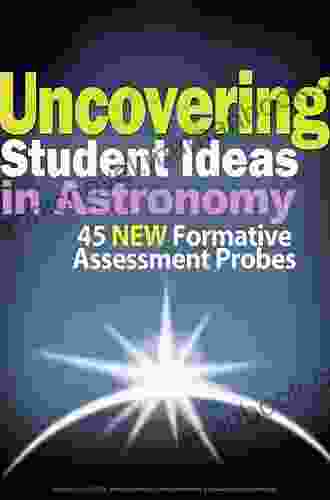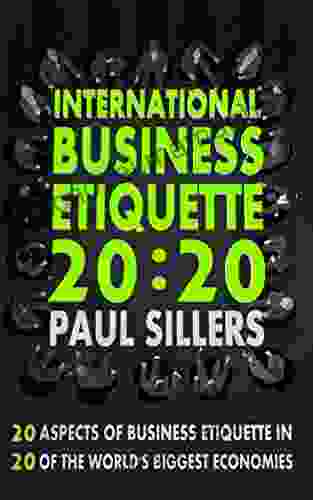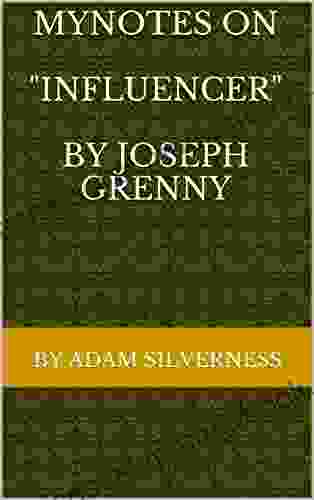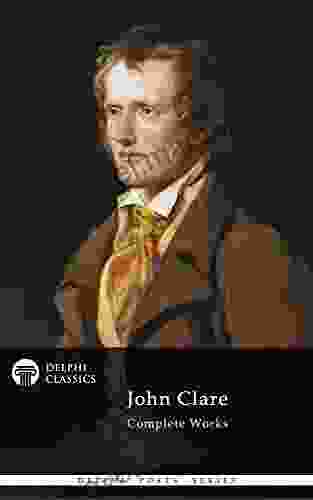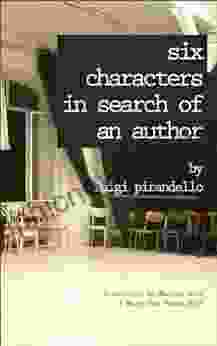Uncovering Student Ideas In Astronomy: A Comprehensive Exploration of Cognitive Challenges and Pedagogical Approaches

Astronomy, with its vast cosmic landscapes and intriguing celestial phenomena, has long captured the human imagination. However, this captivating field presents unique cognitive challenges to students seeking to unravel its mysteries. This article delves into the common misconceptions and cognitive barriers that students encounter in astronomy, offering research-based pedagogical strategies to effectively address them.
Common Misconceptions in Astronomy
Cognitive research has identified several prevalent misconceptions that hinder student understanding in astronomy. These misconceptions often stem from everyday experiences, prior knowledge, or cultural beliefs, leading to alternative conceptual frameworks that conflict with scientific understanding:
4.4 out of 5
| Language | : | English |
| File size | : | 6134 KB |
| Text-to-Speech | : | Enabled |
| Enhanced typesetting | : | Enabled |
| Word Wise | : | Enabled |
| Print length | : | 281 pages |
| Lending | : | Enabled |
| Screen Reader | : | Supported |
- Earth-Centered Universe (Geocentric Model): Students may initially believe that the Earth is the center of the universe and that the Sun, Moon, and stars revolve around it. This misconception can be attributed to the Earth's apparent motion and the lack of a perceptible movement of the stars in the night sky.
- Flat Earth Belief: Some students may hold the misconception that the Earth is flat rather than a sphere. This belief often arises from limited personal observations and a lack of exposure to evidence supporting the spherical shape of the Earth.
- Stars as Twinkling Points: Students may perceive stars as small, twinkling points rather than distant suns. This misconception stems from the effects of atmospheric turbulence on starlight, causing the stars to appear to flicker or twinkle.
- Phases of the Moon Due to Clouds: Students may attribute the phases of the Moon to the presence or absence of clouds, rather than understanding the role of the Moon's changing position relative to the Sun and Earth.
Cognitive Challenges in Astronomy
Beyond misconceptions, students encounter cognitive challenges that hinder their understanding of astronomy. These challenges include:
- Scale and Distance: The vast scales and distances in astronomy can be difficult for students to comprehend. They may underestimate the size of celestial bodies and the distances between them, leading to misconceptions about the relative sizes and positions of objects in space.
- Counterintuitive Phenomena: Astronomy presents phenomena that contradict everyday experiences, such as the motion of celestial bodies, the curvature of spacetime, and the nature of gravity. These counterintuitive concepts can challenge students' preconceived notions and require a shift in their conceptual frameworks.
- Scientific Reasoning: Astronomy requires students to develop scientific reasoning skills to interpret evidence, make inferences, and construct explanations. Students may struggle to apply these skills to astronomical phenomena, leading to difficulties in understanding the nature of science and the process of scientific inquiry.
Pedagogical Approaches to Address Challenges
To effectively address these challenges and promote conceptual change, educators can employ various pedagogical approaches:
- Inquiry-Based Learning: Engaging students in hands-on activities, observations, and investigations allows them to actively explore astronomical phenomena and develop their own understanding through firsthand experiences.
- Historical Perspectives: Tracing the history of astronomy and the evolution of scientific ideas provides students with a deeper understanding of the challenges and misconceptions that astronomers have faced throughout history, fostering an appreciation for the iterative nature of scientific knowledge.
- Visualization and Modeling: Using simulations, animations, and interactive models helps students visualize astronomical concepts and processes, overcoming the challenges posed by scale and distance.
- Use of Analogies and Metaphors: Drawing parallels between astronomical phenomena and familiar concepts or experiences can help students relate to and understand complex astronomical ideas.
- Socratic Questioning: Posing probing questions and engaging students in discussions encourages them to critically examine their own ideas and challenge misconceptions, fostering deeper conceptual understanding.
Uncovering student ideas in astronomy is crucial for effective teaching and learning. By understanding the common misconceptions and cognitive challenges that students face, educators can develop targeted pedagogical approaches that address these challenges and promote conceptual change. Through inquiry-based learning, historical perspectives, visualization, analogies, and Socratic questioning, educators can empower students to develop a deep and meaningful understanding of the wonders of astronomy.
4.4 out of 5
| Language | : | English |
| File size | : | 6134 KB |
| Text-to-Speech | : | Enabled |
| Enhanced typesetting | : | Enabled |
| Word Wise | : | Enabled |
| Print length | : | 281 pages |
| Lending | : | Enabled |
| Screen Reader | : | Supported |
Do you want to contribute by writing guest posts on this blog?
Please contact us and send us a resume of previous articles that you have written.
 Top Book
Top Book Novel
Novel Fiction
Fiction Nonfiction
Nonfiction Literature
Literature Paperback
Paperback Hardcover
Hardcover E-book
E-book Audiobook
Audiobook Bestseller
Bestseller Classic
Classic Mystery
Mystery Thriller
Thriller Romance
Romance Fantasy
Fantasy Science Fiction
Science Fiction Biography
Biography Memoir
Memoir Autobiography
Autobiography Poetry
Poetry Drama
Drama Historical Fiction
Historical Fiction Self-help
Self-help Young Adult
Young Adult Childrens Books
Childrens Books Graphic Novel
Graphic Novel Anthology
Anthology Series
Series Encyclopedia
Encyclopedia Reference
Reference Guidebook
Guidebook Textbook
Textbook Workbook
Workbook Journal
Journal Diary
Diary Manuscript
Manuscript Folio
Folio Pulp Fiction
Pulp Fiction Short Stories
Short Stories Fairy Tales
Fairy Tales Fables
Fables Mythology
Mythology Philosophy
Philosophy Religion
Religion Spirituality
Spirituality Essays
Essays Critique
Critique Commentary
Commentary Glossary
Glossary Bibliography
Bibliography Index
Index Table of Contents
Table of Contents Preface
Preface Introduction
Introduction Foreword
Foreword Afterword
Afterword Appendices
Appendices Annotations
Annotations Footnotes
Footnotes Epilogue
Epilogue Prologue
Prologue Griff Hosker
Griff Hosker Rebecca Soffer
Rebecca Soffer Matt Lincoln
Matt Lincoln Ruth Stiles Gannett
Ruth Stiles Gannett Andy Mcnab
Andy Mcnab Laura Hudson
Laura Hudson Enoch Black
Enoch Black Janina Ramirez
Janina Ramirez Jessie Ash
Jessie Ash Kim Fielding
Kim Fielding T A White
T A White John Gomez
John Gomez Wallace Jackson
Wallace Jackson Eugene C Toy
Eugene C Toy Ted Allan
Ted Allan Lindsay Adler
Lindsay Adler Tessa Ward
Tessa Ward Ray Dalio
Ray Dalio David J Griffiths
David J Griffiths Neil Hack
Neil Hack
Light bulbAdvertise smarter! Our strategic ad space ensures maximum exposure. Reserve your spot today!
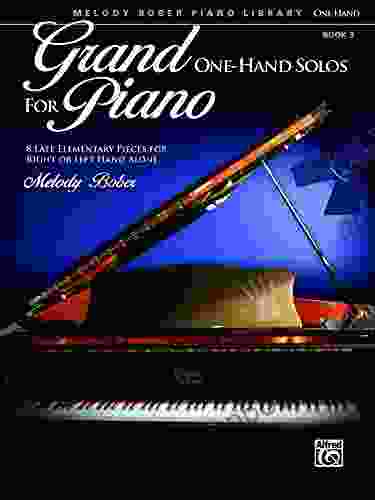
 Reed MitchellGrand One Hand Solos For Piano: A Comprehensive Guide to the Best Collections
Reed MitchellGrand One Hand Solos For Piano: A Comprehensive Guide to the Best Collections Edwin CoxFollow ·12.9k
Edwin CoxFollow ·12.9k Terry PratchettFollow ·3.2k
Terry PratchettFollow ·3.2k Forrest BlairFollow ·10.6k
Forrest BlairFollow ·10.6k Dion ReedFollow ·3.7k
Dion ReedFollow ·3.7k Chance FosterFollow ·16.6k
Chance FosterFollow ·16.6k Jorge Luis BorgesFollow ·11.8k
Jorge Luis BorgesFollow ·11.8k Ken SimmonsFollow ·17k
Ken SimmonsFollow ·17k Steven HayesFollow ·5.8k
Steven HayesFollow ·5.8k
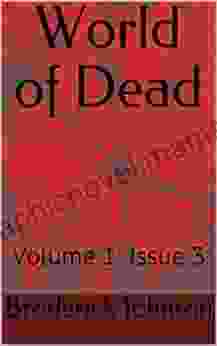
 Rex Hayes
Rex HayesWorld of Dead Volume Issue: An In-Depth Analysis
The World of Dead volume issue...
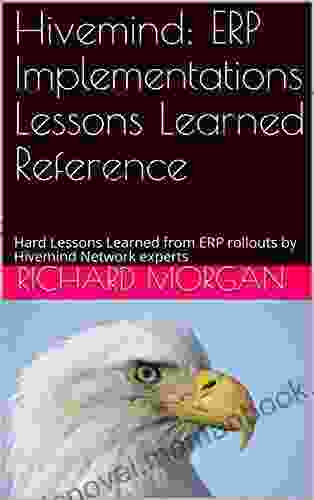
 Nathan Reed
Nathan ReedHard Lessons Learned from ERP Rollouts: A Hivemind...
Enterprise...
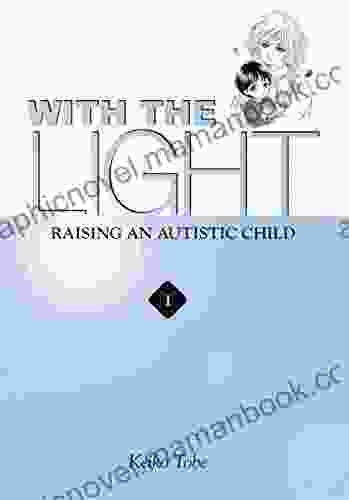
 Fernando Bell
Fernando BellWith the Light, Vol. 1: Illuminating the Extraordinary...
The advent of parenthood is a...
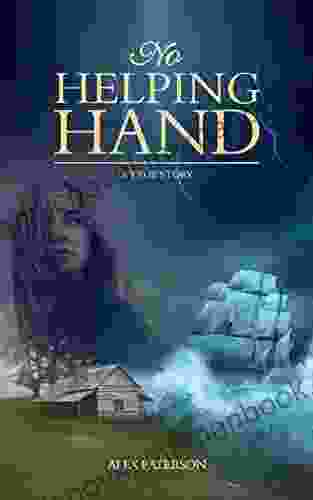
 Wesley Reed
Wesley ReedNo Helping Hand: True Story of Deadly Waves
In December 2004,...
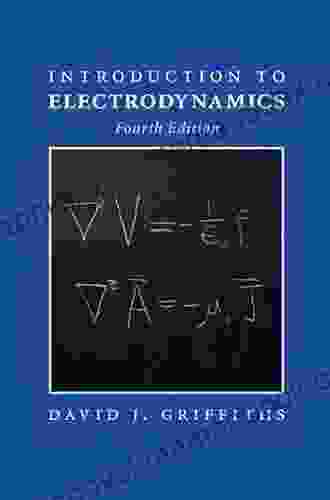
 Ruben Cox
Ruben CoxIntroduction to Electrodynamics by David Griffiths: A...
to Electrodynamics by...
4.4 out of 5
| Language | : | English |
| File size | : | 6134 KB |
| Text-to-Speech | : | Enabled |
| Enhanced typesetting | : | Enabled |
| Word Wise | : | Enabled |
| Print length | : | 281 pages |
| Lending | : | Enabled |
| Screen Reader | : | Supported |


